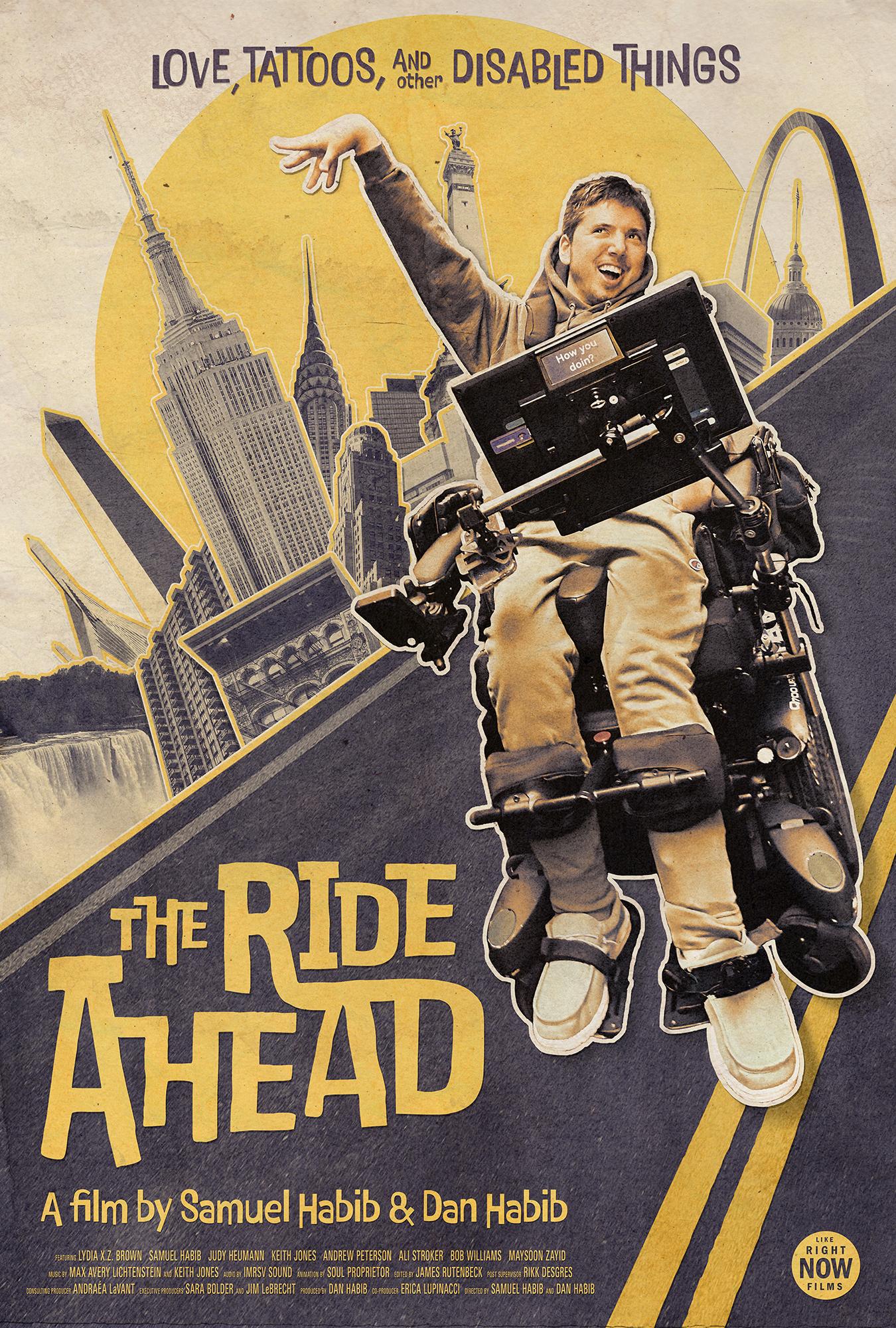In co-operation with
Stichting Alfa Wave TransitieCinema presents the screening of “The Ride Ahead” on the
Inclusion Festival
Love, tattoos and other disabled things
The Story:
The film follows Samuel Habib, whose goals are pretty typical for a 21-year-old. Moving out of his family’s New Hampshire home. College. Establishing his career. Dating. Sex.
Yet every rite of passage is fraught with challenges. Unexpected seizures and uncontrollable movements caused by his rare genetic disorder. Friends’ homes that are inaccessible to his wheelchair. His labored speech and use of a communication device are barriers to a social life. He craves more independence and a family of his own one day. “But no one tells you how to be an adult,” he says, “let alone an adult with a disability.”
Samuel is determined to avoid the statistical realities: unemployment, isolation, institutionalization.
A turning point comes when he starts talking to disabled adults, who have been through all he is going through now. And when he begins to channel their insights, a roadmap for himself, and for other young adults like him, begins to take shape.
The Production
Disabled stories are rarely shown on screen, let alone told by disabled people themselves. THE RIDE AHEAD allows Samuel to tell his own complex story, largely through the viewpoint of two GoPros attached to his wheelchair. One points towards Samuel and his extraordinarily expressive face, the other films the world as he sees it. We see Samuel’s communication process as he crafts language through slow labored speech that is then programmed into his communication device. The film showcases a communication style and vantage point that is almost never portrayed in media.
The majority of the production and outreach crew for THE RIDE AHEAD are disabled people.
The film captures the power of finding mentors and membership in a community, for sustaining a strong sense of self in transition to adult challenges, and for building solidarity in an ableist world. THE RIDE AHEAD will catalyze bold discussions about disabled lives, and help draw youth into the disability justice movement. It has the capacity to promote understanding of ableism, and produce lasting and meaningful cultural change.
